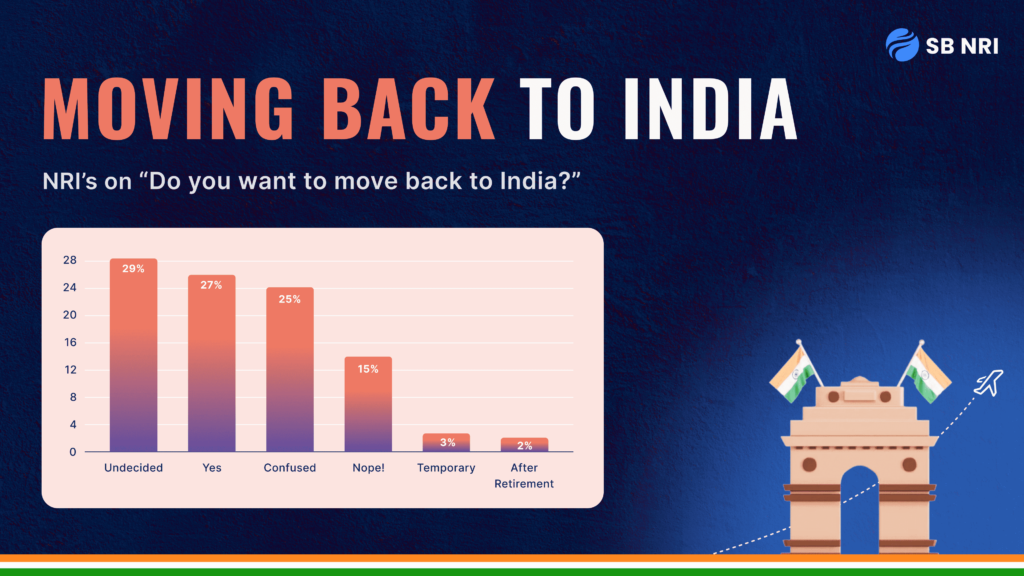
Mutual funds are one of the most preferred investment options for non-resident Indians (NRIs) to invest in Indian markets. Investing in mutual funds allow NRIs to tap into the growing economy of India and generate wealth via market returns. But, is it that straightforward to just invest in mutual funds as NRI or are there any things to consider to create a winning mutual fund for NRI when investing? Here’s a step-by-step guide for NRIs to pick a winning mutual fund.
First things first, let’s start with the basics. Multiple NRIs are still unsure whether NRI can invest in mutual funds in India. NRIs can invest in mutual funds in India, although the procedure is slightly different from that of resident Indians. For more information on NRI investment in mutual funds in India procedure, steps, and Mutual Fund KYC, refer here.
Also read: NRI Mutual Fund KYC in India: The Ultimate Guide 2023
The Art of Picking the Right Mutual Fund for NRI
A mutual fund is a type of investment option where the funds of many investors are pooled together into one product which is then invested in assets or markets to reach the investment goals. There are plenty of mutual fund schemes available for NRI investors to choose from and at times this can be overwhelming for them.
That is where the art of picking the right mutual fund to reach investment goals comes into play. But how to do it? Here is the step-by-step guide for NRIs to pick a winning mutual fund.

Step-by-Step Guide for NRIs to Pick a Winning Mutual Fund
Step 1: Identify your Investment Goals and Risk Tolerance
- The first and foremost step for NRI Mutual Fund investment should be your identification of investment goals. The bigger picture is always to generate maximum returns and build wealth in the long run. However, what’s your actual investment basis and your objectives? Are you looking to build your retirement fund, fund your foreseeable future expenses, or maybe buy a home or property? Identifying the goals can help you plan your investment period properly. This can help NRIs in decluttering from the list of mutual funds to pick the right one. A thing to note is the risk tolerance level too. Will you be able to handle any swings in the portfolio due to market sentiment or go for high return-high risk mutual fund schemes? Being clear on these terms is the basis of the right mindset for creating a winning mutual fund.
Step 2: Choose the Right Mutual Fund Type
- As aforementioned, mutual fund offers different types of schemes, and picking the right one can be hard. For example, growth funds are primarily focused on capital appreciation with little to no dividend payouts. Similarly, bond funds are narrow in terms of scope but offer less volatility, ESG funds are a great investment choice aligning your ideals to investment but can be high risk while sectoral funds are cyclical. Talking more on this, liquid funds have a maturity of 91 days while equity funds are primarily catered to stocks. These are just a few examples of it. There are a lot of mutual fund types that cater to NRI investors and finding the right pick is essential. You can consult with wealth experts to understand the types of mutual funds and the perfect fit for you.
Also read:
Step 3: Expense Ratio
- NRI investors need to understand what they’ll be paying for the mutual funds as it is extremely important. Expense ratio is such term that helps measure how much money you’ll pay over the year to own a fund. This expense ratio is what mutual fund companies make in revenue. A general rule of thumb is any mutual fund with an expense ratio over 1% is high and shouldn’t be prioritized by investors. Mutual funds with lower expense ratio will end up saving you lots of money throughout investment and you should actively look to understand.
Step 4: Active vs. Passive Management
- Actively managed mutual funds are those where the portfolio managers make decisions regarding the investment based on economic trends, macroeconomic factors, financial results, and more. Equity funds, debt funds, and hybrid funds are some examples of actively managed funds. On the other hand, passively managed funds are often called index funds and mainly track and duplicate the performance of the index. They are not involved in trading the assets often unless the benchmark composition index is changed. This results in lower costs and expense ratio for passively managed funds when compared to actively managed funds. NRI Investors have the option to go with the right kind of mutual fund as per their risk tolerance and investment goals.
Also read: Mutual Fund vs. ETF: What is best for NRIs
Step 5: Evaluating Past Performance and Fund Manager
- As is the case before deciding to invest in any instrument, option, or scheme, it’s important to research the past performance of the said investment. A consistent return over the period is something that will attract a lot of investors. Couple that with the fund manager, it makes sense to evaluate this aspect of the mutual fund scheme. A good fund manager is likely to distribute and allocate the funds appropriately to maximize the gains. It is always advisable to go through the fund prospectus, and understand the past performance and also the fund manager and his efficiency in the market to get a clear picture.
Bottom Line
Picking the right mutual fund to fuel your wealth generation can be a daunting task, but with the right advisory and expertise, your dream of creating a winning mutual fund investment can be true. Connect with our wealth expert at SBNRI to understand more about mutual fund investments for NRI in India and build your winning mutual fund portfolio.
Invest in NRI Mutual Funds with SBNRI
NRIs can now download the SBNRI App and choose to invest in different NRI mutual fund schemes in India with ease. You can also get detailed mutual fund advice from experts at SBNRI. Also, visit our blog and YouTube channel for more details.
SBNRI is an authorized Mutual Fund Distributor platform & registered with the Association of Mutual Funds in India (AMFI). ARN No. 246671. NRIs willing to invest in mutual funds in India can download the SBNRI App to choose from 2,000+ mutual fund schemes or can connect with the SBNRI wealth team to better understand Mutual Fund investments.
Disclaimer: This blog has been written exclusively for educational purposes. The securities mentioned are only examples and not recommendations. It is based on several secondary sources on the internet and is subject to changes. Please consult an expert before making related decisions. SBNRI does not intend to predict future returns, please read all related documents before investing.
FAQs
Can NRI invest in mutual funds in India?
- Yes. NRI can invest in mutual funds in India using their NRE/NRO bank account once they complete their Mutual Fund KYC.
How can NRI buy mutual funds in India?
- NRI investors can purchase or sell mutual funds in India once they complete their Mutual Fund KYC and have an operating NRO/NRE Bank account.
Can NRI invest in SIP in India?
- Yes, an NRI can invest in India through the SIP route. SIP stands for Systematic Investment Plan.
Is SIP tax-free for NRI?
- No, all SIP investments are not tax-free. Only investments in the Equity Linked Savings Scheme (ELSS) come under the purview of tax benefits up to Rs 1.5 lacs under Section 80 C of the Indian Income Tax Act, 1961.
Is SIP better than FD for NRI?
- SIP performance based on the historical data showcases at least 2x returns than Fixed deposit. Investing in SIP as NRI can help you beat inflation and generate high returns in comparison to the traditional FD/RD scheme.



